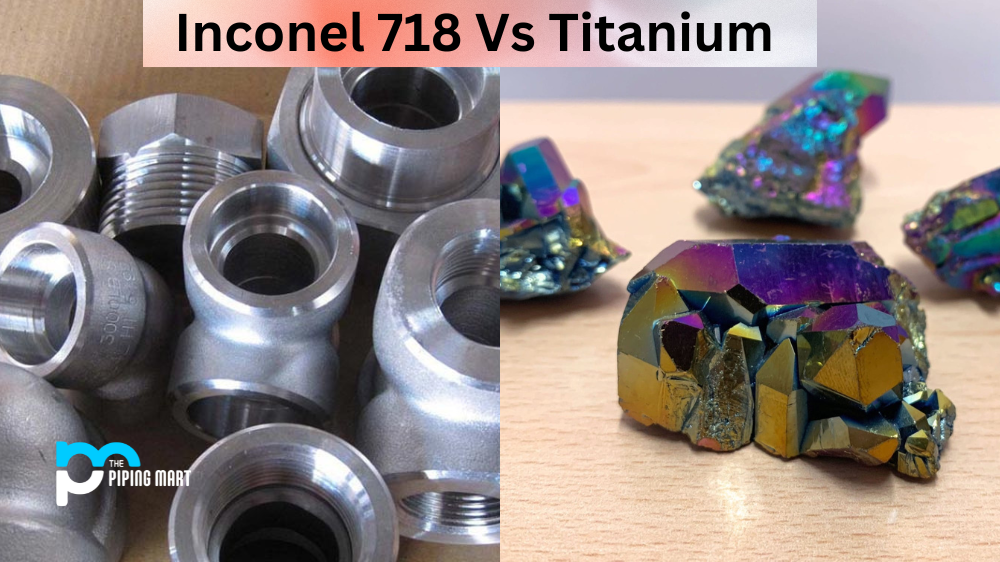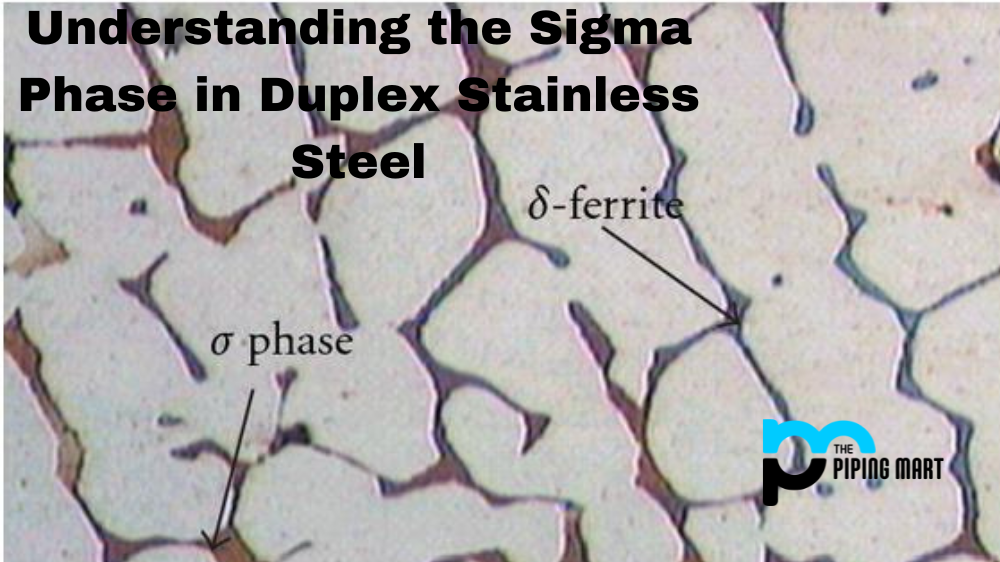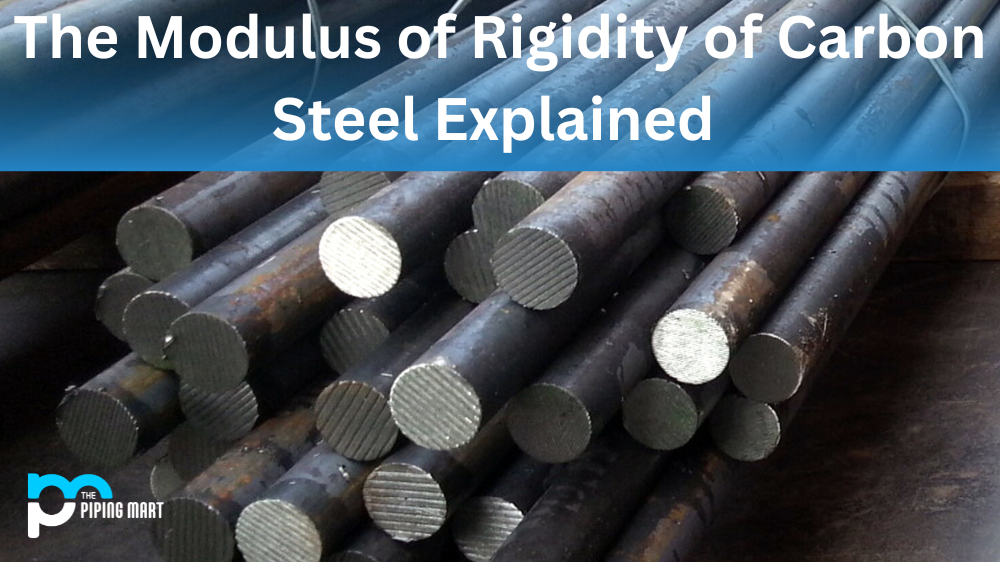Inconel 718 and titanium are two of the most popular alloys used in metal fabrication. Both alloys offer a variety of benefits, but which one is best for your project? Let’s take a look at the differences between these two metals and how they measure up against each other.
Difference Between Inconel 718 and Titanium
Inconel 718 is an alloy made up of nickel-chromium-molybdenum and has excellent oxidation resistance, making it a great choice for high-temperature applications. It also offers superior corrosion resistance to many acids, salt water, and alkalis. Additionally, Inconel 718 is highly resistant to stress cracking corrosion and can be used in environments with temperatures ranging from cryogenic to 2000°F (1093°C). Its ultimate tensile strength is 1,400MPa (203 ksi), while its yield strength is 1,240MPa (179 ksi).
Titanium provides an equally impressive list of benefits. For example, it’s lightweight yet strong and has excellent corrosion resistance. It’s also hypoallergenic and nonmagnetic—making it ideal for use in medical implants—and its melting point is 1668°C (3032°F). Additionally, it has good formability when heated, allowing it to be reshaped easily without compromising its physical properties. Its ultimate tensile strength is 900MPa (131 ksi), while its yield strength is 800MPa (116 ksi).
When comparing the two alloys side by side, it’s clear that both have their strengths and weaknesses. However, when deciding which one to use for your project, there are several factors you should consider. Depending on your specific application, one alloy may have more advantages than another, so make sure you consider everything before making a decision.
Conclusion:
When considering whether to use Inconel 718 or titanium for your next project, it’s important to weigh all the pros and cons of each alloy carefully before deciding which one will best serve your needs. While both alloys offer excellent corrosion resistance and a variety of benefits depending on your application’s requirements or environmental conditions, understanding the differences between them will help you determine which one is right for you. Ultimately, choosing the right alloy can mean better performance for your projects for years to come!

Abhishek is a seasoned blogger and industry expert, sharing his insights and knowledge on various topics. With his research, Abhishek offers valuable insights and tips for professionals and enthusiasts. Follow him for expert advice on the latest trends and developments in the metal industry.




